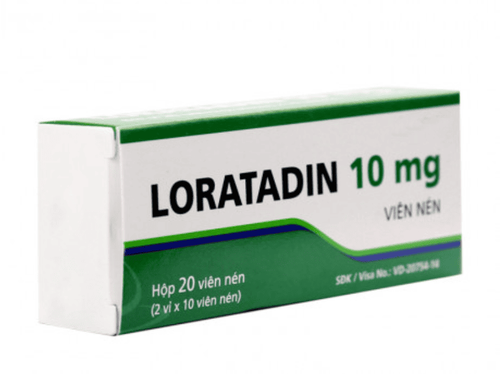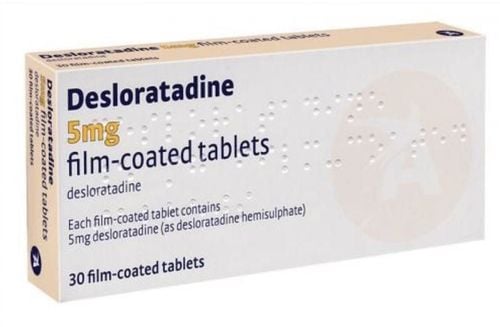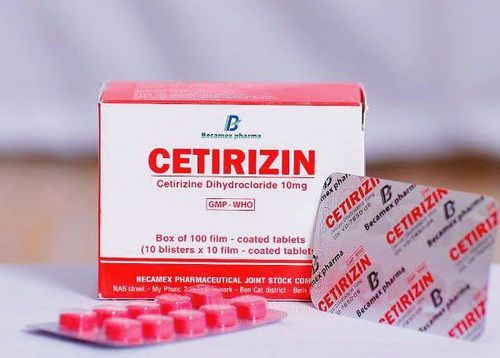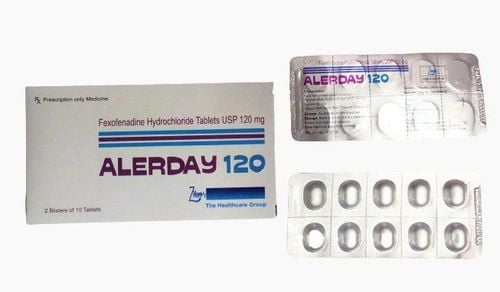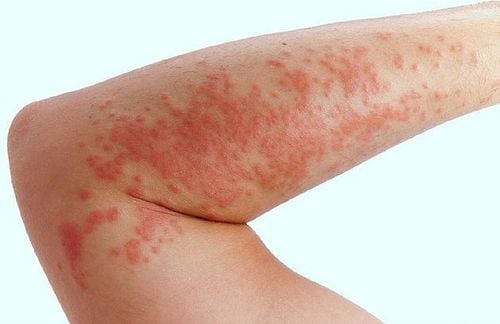This is an automatically translated article.
Urticaria (also known as urticaria) is a common allergic disease, common in all ages and genders. Urticaria is not an infectious disease but often recurs, greatly affecting the patient's health and daily activities.1. What is urticaria?
Urticaria is a reaction of the capillaries under the skin and mucous membranes to allergens inside or outside the body, causing local edema, swelling of the skin, accompanied by itching symptoms. annoying snoring. Urticaria can appear in one area of the skin, mucous membranes on the body or appear at the same time in many different areas.Urticaria can be acute (lasting no more than 6 weeks) or chronic (lasting more than 6 weeks). There are many causes of urticaria, such as seasonal allergies, exposure to cold environments, allergies to cosmetics, insect bites, pollen allergies, fatigue, stress, etc., in the same patient. , sometimes multiple factors combine to cause urticaria.
2. Is urticaria dangerous?
When exposed to allergens, the patient's body will form a substance called histamine. This substance makes the patient itchy and very uncomfortable, constantly scratching, making the skin scratched, prone to infection and leaving scars, bruises, affecting aesthetics as well as daily activities.Even people with urticaria may have other symptoms such as swelling of the vessels in the trachea and throat, leading to difficulty breathing, shortness of breath, even choking. Urticaria can appear in the gastrointestinal tract, causing abdominal cramps, vomiting, and diarrhea. When urticaria occurs in brain tissue, it is easy to cause brain edema, which is very dangerous. The disease can also cause rapid vasodilation, a sudden drop in blood pressure, causing dizziness. In special cases, if not treated promptly, the patient's life may be threatened. Some cases of drug use have resulted in anaphylaxis and death.
In particular, urticaria is often difficult to detect the cause even though sometimes the patient has done all the necessary tests. Therefore, the treatment of urticaria encounters many difficulties and often cannot completely eliminate the cause of urticaria, itchy papules.
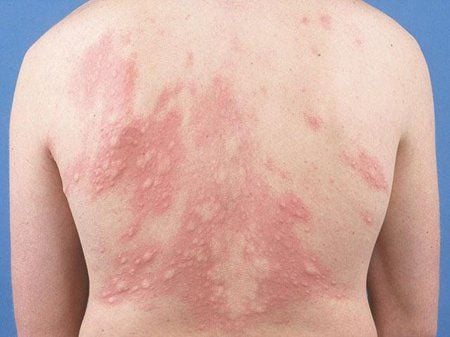
3. Is urticaria contagious?
According to doctors, urticaria is not contagious. Urticaria can recur in many patients but cannot be transmitted from person to person. In case many people in the family have the same disease, it may be due to a genetic problem that makes the body more sensitive to allergenic factors or living in an environment with allergenic factors,...4. Can urticaria go away on its own?
Does the urticaria go away on its own? How long does the urticaria take to go away? To answer this question, according to doctors, acute urticaria may fade over time and completely disappear in a few days (lasting no more than 6 weeks). However, if it is a chronic urticaria disease, it takes a long time to heal and can affect organs such as muscles, lungs and digestive tract. Therefore, if you feel uncomfortable, itchy or painful, have difficulty breathing, etc., you should soon treat allergies, hives to speed up the healing process.To cure urticaria, the patient needs to eliminate the cause of irritation, rash. In addition, patients need to use antihistamines, corticosteroids or other drugs prescribed by a specialist.
Particularly for cases of hereditary urticaria, the possibility of self-healing is very low. In particular, hereditary urticaria often recurs many times even though the patient has applied different treatment methods. For these cases, treatments are only temporary solutions to relieve itching and discomfort for the patient.
5. How to prevent urticaria?
Urticaria has a complex cause, so finding the cause and eliminating them will reduce the risk of recurrence. The way to prevent the disease is as follows:People who are allergic to substances in talcum powder, bath soaps, seafood,... should not be exposed to allergenic factors anymore; People with cold urticaria need to keep warm when the weather changes from hot to cold. If the patient is allergic to weather, the patient should avoid contact with pollen, dust and clean living environment;
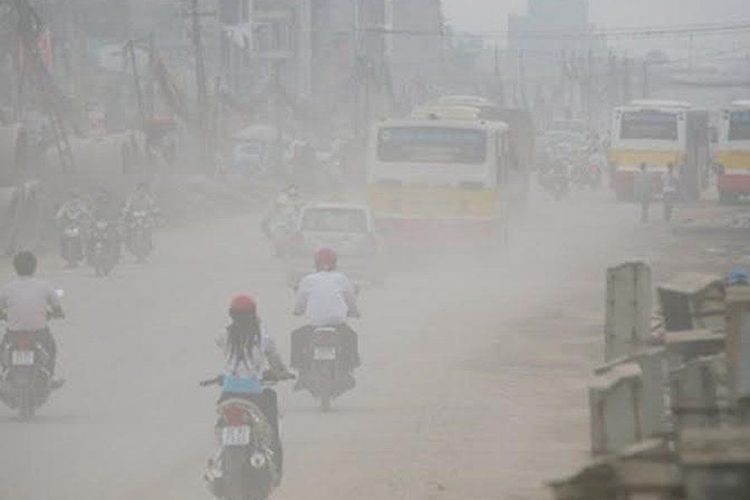
Dermatology Department - Vinmec Times City International General Hospital is a prestigious address for diagnosis and treatment of urticaria and rashes for customers. Coming to Vinmec Times City, you will be directly examined and consulted by a team of experienced medical doctors, accurately diagnosing the cause of the disease, proposing a positive and effective treatment plan, avoiding complications danger may occur.
If you need advice and support on the treatment of urticaria as well as other dermatological diseases at Vinmec Times City, please contact HOTLINE 0243 9743 556, or register online HERE.





